How to Prevent Physical and Mental Inactivity in Elders
The role of maintaining a fit body and sound mind is essential for elders. Senior male and female adults face the challenge of being active, thus suffering multiple health complications.
In this blog, we will discuss how to safeguard elders against being physically and mentally inactive so they can live healthy and happy lives.
Importance of Activity for Elders
Before finding out what preventive measures should be taken, it is important to first understand why seniors over 60 must continue being active.
This way, they can keep their muscular strength, flexibility, and balance which are essential in preventing falls and injuries.
It also contributes to cardiovascular fitness, lowers blood pressure, and improves how one can move his or her body.
Conversely, mental activity such as cognitive exercises and social interactions plays an integral part in maintaining the intellectual abilities, memory capacity, and emotional well-being of elders.
The importance of routine physical activity for seniors is that it helps in slowing down the start, and avoiding, or taking care of chronic diseases. Physical activities can also reduce the possibility of dying before time.
Some benefits for the elderly are:
●Enhanced cardiovascular health which minimizes risks associated with stroke and heart disease
●Boosted strength and flexibility to prevent muscle loss and unsteadiness
●Falls & injury chances are decreased by up to a quarter
●Better moods and improved cognitive functionality
●Better relations and feelings of self-worth
CDC suggests older adults should engage in moderate-intensity activities for at least 150 minutes per week and perform muscle-strengthening exercises two days a week. It is better to do something than nothing at all.
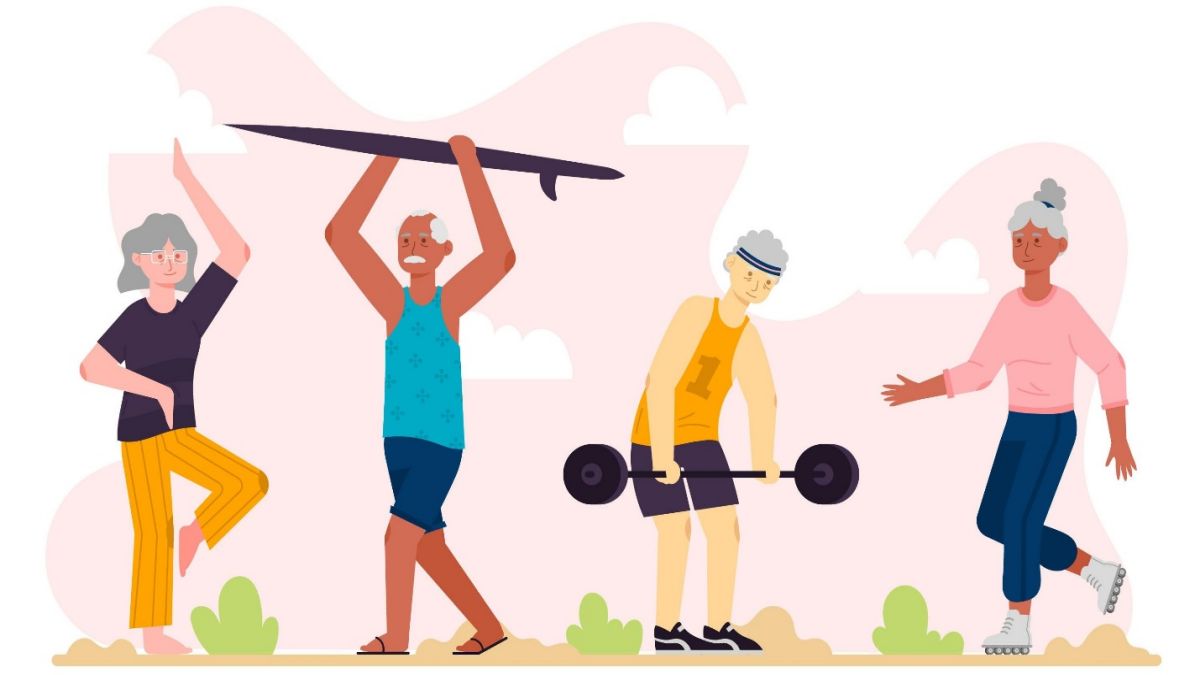
Encouraging Regular Exercise Routines
Among the best strategies to prevent physical inactivity among old people is by promoting consistent exercise routines.
Seniors can benefit from physical activities such as walking, swimming, yoga, chair exercises, gardening, tai chi, and other exercises for seniors over 60.
Encourage seniors to take part in activities that they love to make exercise a fun and sustainable endeavor. Further still, think about including strength training workouts for better muscle mass and bone density.
Overcoming Barriers to Physical Activity
Various barriers hinder older adults from being physically active. Some of these barriers are:
●Physical health problems
●Psychological as fear or lack of motivation
●Social for example lack of support
●Practical such as cost and time.
To tackle this, stress the enjoyment, social networks, and impacts on mood and disease management that exercise has.
Encourage activities that match the target community’s culture, language, and social norms. Propose including a single mild physical activity for seniors in their daily schedules, to begin with.
Designed by stories / Freepik
Promoting Physical Activity in the Community
To promote physical activity in elders, community organizations:
●Make sure that parks and senior centers, which are some of the best places to do exercises, are accessible to them
●Afford activities that are inclusive for all abilities and mobility levels
●Establish walking groups or buddies and other support systems
●Tell communities about nearby good-quality activity options.
Furthermore, local administrators can incorporate secure sidewalks in their localities and open up schools, parks, or malls for use by adults. Healthcare providers can link patients with local resources or programs.
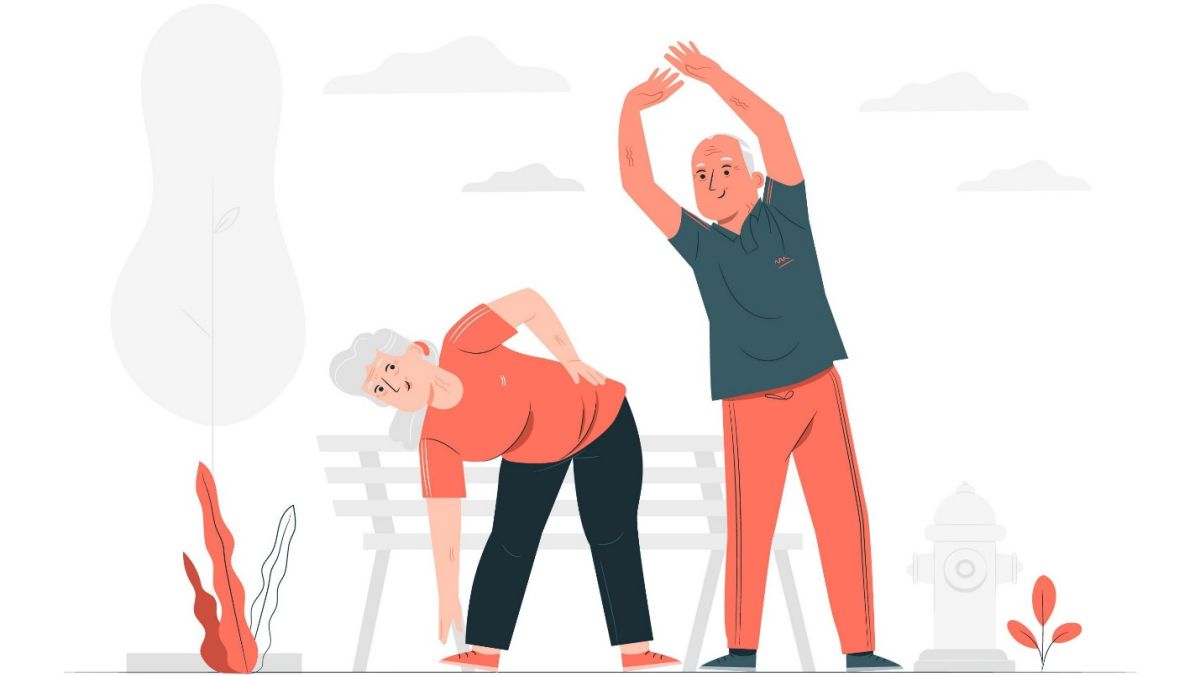
Fostering Social Connections
Promoting social contact among the elderly is a powerful way to combat mental inactivity. The psychological health of people is hugely influenced by loneliness and being alone, causing depression as well as a reduction in mental faculties.
Elders can be advised to get involved in various activities such as going on trips with others, joining hobby associations, or even rendering service to social groups around them.
Furthermore, the possibility of technology such as video calling, the use of social media, and online societies enables individuals to maintain connections among their friends and relatives.
Stimulating Cognitive Function
Preventing mental inactivity in the elderly depends on keeping their mind active. Activities such as puzzles, board games, reading, or learning new skills can engage seniors in activities that stimulate cognitive function.
Sign them up for classes or workshops that cater to their hobbies such as painting, cooking, and languages.
Additionally, this will encourage elders to talk about what they have known with others resulting in meaningful conversations that promote brain stimulation.
Importance of Mental Activity for Elders
Seniors over 60 need to continue thinking actively for proper cognitive functioning, memory, and good brain health. Involvement in mentally challenging tasks can help to prevent mental decline and protect against dementia and Alzheimer’s disease.
Some benefits of mental exercises for seniors include:
●Improved memory and cognitive function
●Enhanced problem-solving skills and creativity
●Reduced risk of cognitive decline and dementia
●Increased social interaction and sense of purpose
●Better overall mental well-being and quality of life
Various activities like reading, puzzles, learning new skills, socializing, playing games, etc., may contribute significantly towards keeping the aged mind sharp as opposed to dull.
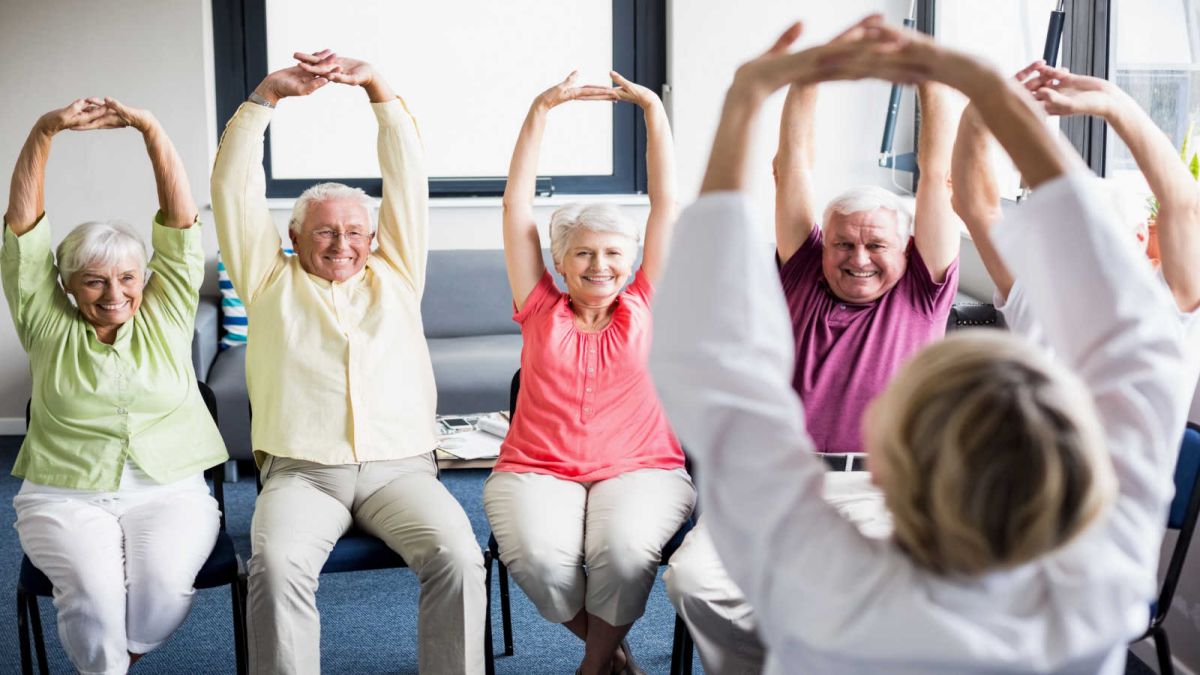
Overcoming Barriers to Mental Activity
Seniors might confront some obstacles that hinder them from taking part in mental activities such as:
●Scarce resources like books, puzzles, or technology
●Medical cases that affect mental abilities
●Demotivation or lack of interest in discovering new things
●Estrangement from the community or absence of mental encouragement matters
●Financial difficulties leading to non-involvement in intellectual practices.
To surmount these barriers, it is necessary to give people access to resources, arrange inclusive activities that are attractive to everyone who wants to take part, enhance interaction within society, and provide assistance for individuals experiencing cognitive difficulties.
Encouraging older adults’ involvement in group activities, helping them with transportation, and making programs designed specifically for them can prevent their minds from getting dull.
Designed by stories / Freepik
Creating a Safe and Supportive Environment
A safe place is necessary for elders to keep their fitness in good condition. By all means, one should ensure that the housing units for the aged are safe to avoid accidents and build safe independent living for seniors.
Equipping these homes with things like rails, grab bars and walkers would be the best thing to encourage independence while moving around.
Lastly, be emotionally present for them by offering encouragement that brings out the best in them thereby increasing their self-esteem.
Verdict
Finally, the most important thing is to avert inactivity that leads to physical and mental problems among the elderly. These can be avoided through frequent exercises, a sense of belonging, enhancing memory, and provision of good surroundings.
This will ensure our seniors live an engaging life. We must put their health (mental and physical) as our priority to have a lively and vigorous aged community.
OTHER NEWS
-
- Should I continue brushing if my gums bleed?
- By Dr. James 21 Mar,2024

-
- Eating these foods can help bone fracture patients recover their health
- By Jason 05 Mar,2024
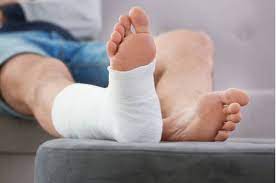
-
- How to relieve migraine after tooth extraction and its causes
- By Jason 14 Mar,2024
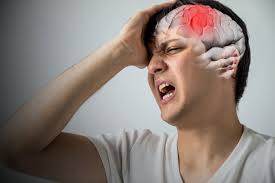
-
- The cause of abdominal bowel sounds
- By Jason 05 Mar,2024

-
- SUMMER DRESSES FOR DIFFERENT BODY TYPES
- By Fatima Amir 08 May,2024
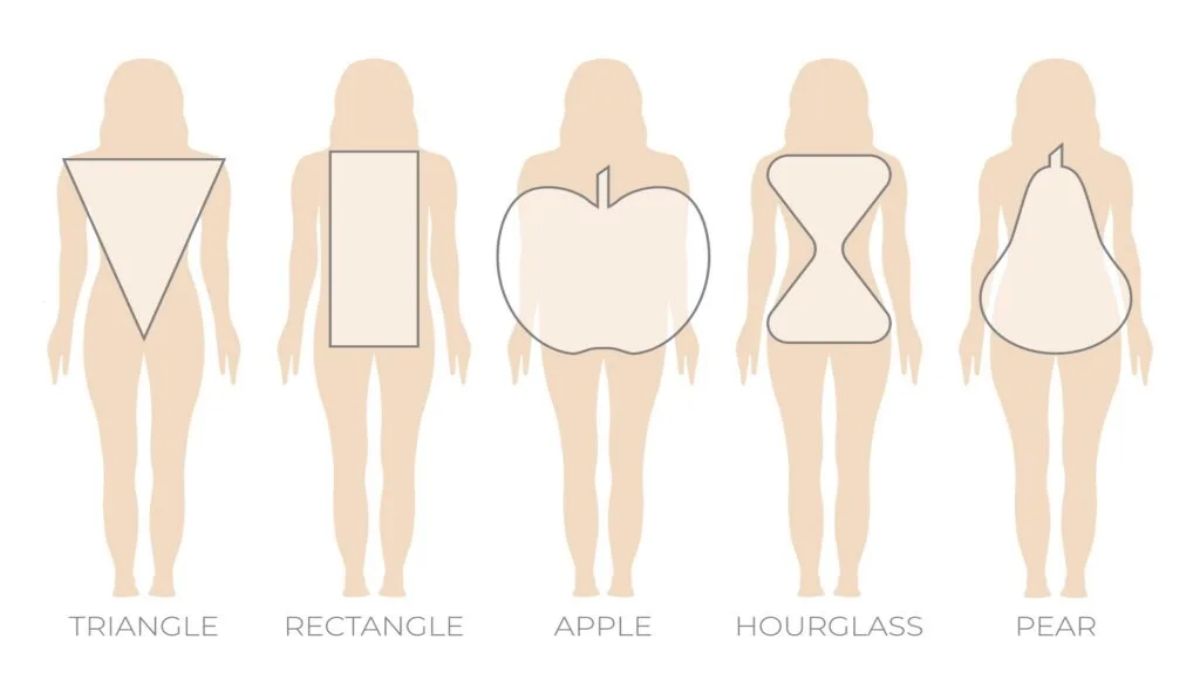
-
- 5 Non-surgical Beauty Treatments for Better Skin
- By Fatima Amir 07 May,2024

-
- 6 Yoga Postures for Staying Fit in your 60s
- By Fatima Amir 17 May,2024
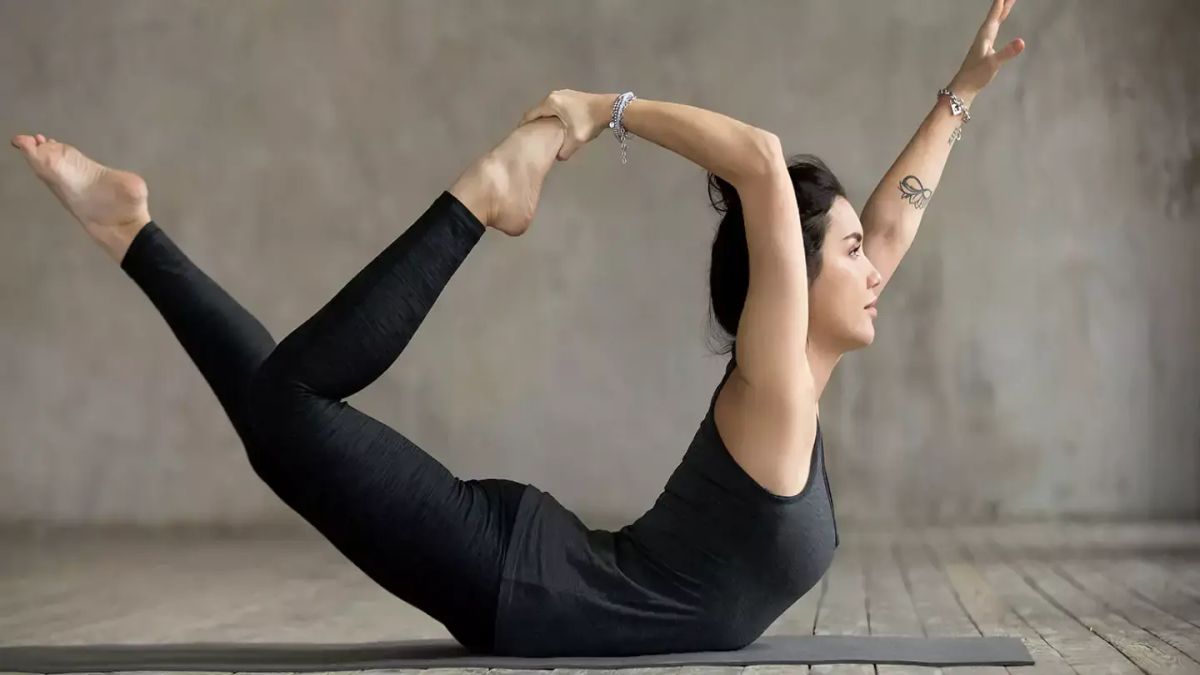
-
- How to Alleviate Lower Back Pain Through Diet
- By Jason 05 Mar,2024

-
- Life Insurance for Different Life Stages_ What to Consider.docx
- By Prodosh Kundu 14 Aug,2024
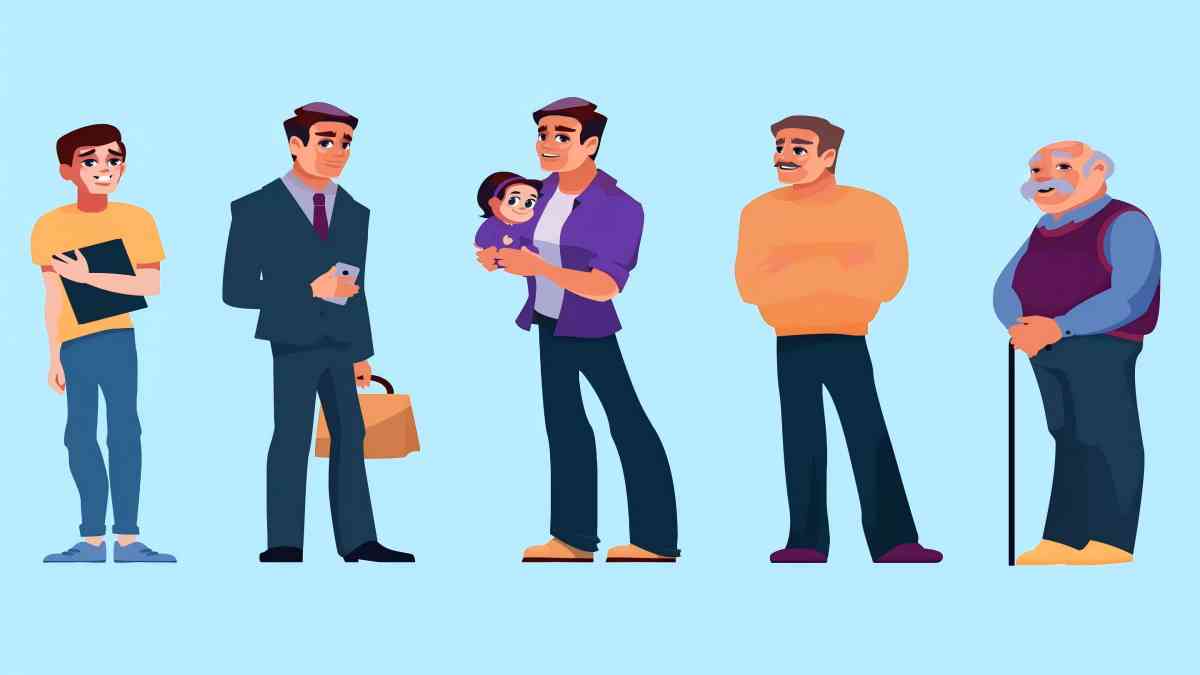
-
- Possible causes of facial swelling
- By Jason 06 Mar,2024
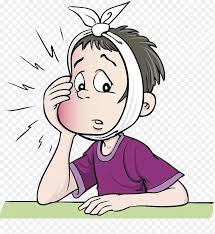
-
- Questions to Ask your Doctor after Menopause and Health Chechups
- By Fatima Amir 23 May,2024

-
- Things You Need to Know About Gum Bleeding
- By Dr. James 21 Mar,2024
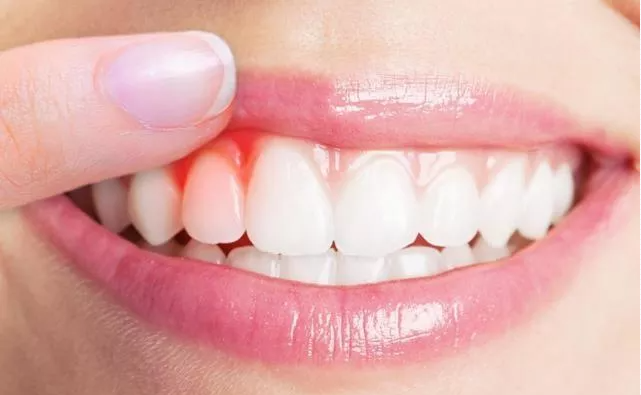
 1
1 1
1